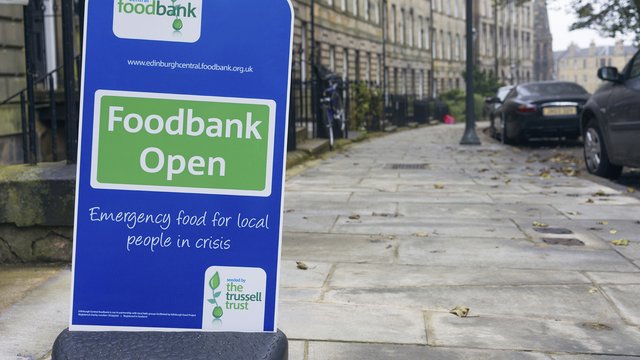On Air Now
Capital Breakfast with Jordan North, Chris Stark and Sian Welby 6am - 10am
18 January 2017, 08:18 | Updated: 18 January 2017, 08:22

Poor families in the North East could find themselves £3000-a-year worse off by 2020, according to new research
Prices are expected to have gone up by 35% over the course of the decade but child benefit will have risen by just 2%, according to End Child Poverty coalition research.
Struggling families also find it harder to make ends meet because they are being hit by a "poverty premium'' that leaves them paying more for goods and services, its report found.
"Forecasts suggest that child poverty rates will rise significantly in coming years,'' the report said.
"Low income families really are feeling the pinch - trapped between support being eroded by the cost of living rising much faster than benefit rates, and facing some of the highest prices on basic essentials as a result of a poverty premium on key goods and services.''
An typical unemployed single parent with two children received benefits of around £198 a week before housing in April 2010, according to the Feeling the Pinch report.
To keep up with increased living costs, the payments, such as child benefits, tax credits and Jobseeker's Allowance, would need to reach around £267 a week by 2020 but are expected to only reach £214, it added.
The £53 a week loss amounts to a hit of nearly £2,756 a year.
The coalition has called on the Government to stop the four-year freeze on children's benefits and said it must increase housing support in line with local rents.
It has also urged the Government to set up a commission to find ways to stop the poorest customers paying the highest prices for goods and services.